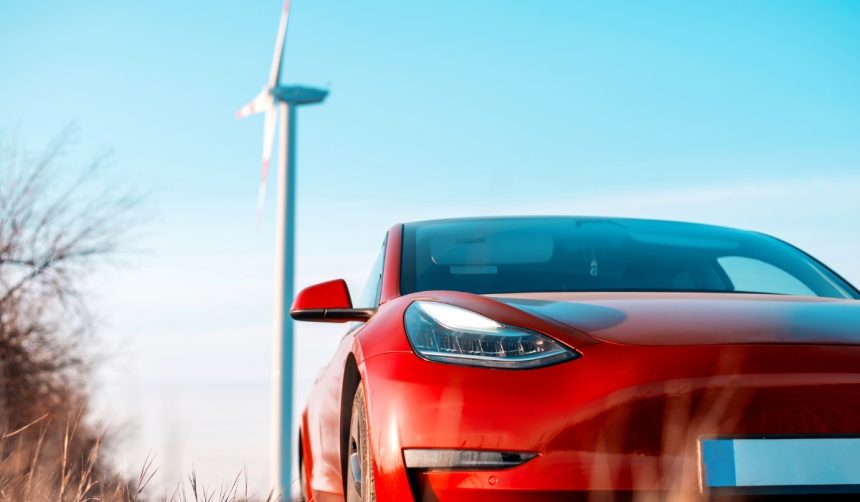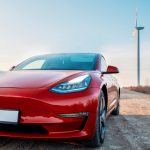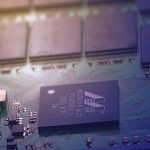Tesla’s latest recruitment surge in Austin signals a tangible step toward bringing its much-anticipated Cybercab project to fruition. The company’s decision to rapidly fill dozens of roles comes as it seeks to position Giga Texas as the nucleus for producing its fully autonomous, two-seat vehicle. While the company’s ambitions for new electric vehicles have often made headlines, the focused hiring drive sets a new pace, with clear indicators of operational scaling on the horizon for the Cybercab, rumored to be a key player in future robo-taxi services. Some industry observers speculate that this hiring trend could establish Giga Texas as an unparalleled hub for advanced vehicle automation.
Tesla’s strategic shift toward the Cybercab’s mass production is notable against earlier reports, where announcements about the autonomous two-seater were more speculative. Over the past few years, job openings related to the Cybercab have appeared sporadically, but never at the current scale. No other stage in the program saw such a rapid expansion in dedicated manufacturing positions. Developments such as the “Unboxed” production approach now set Tesla’s current efforts apart, especially as competitors have yet to commit to a similar volume of specialized hiring solely for autonomous vehicles.
Why Is Tesla Hiring for the Cybercab Project?
Tesla’s Careers website currently lists around 30 vacancies tied directly to the Cybercab, most of them focused on essential vehicle manufacturing tasks. New roles span engineering and equipment technician positions for drive units, battery packs, general assembly, and production lines, each crucial for launching the innovative two-seater. Production will primarily occur at Giga Texas, reflecting a concentrated investment in local manufacturing infrastructure as the project scales.
How Will the “Unboxed” Method Impact Production?
The “Unboxed” method, highlighted in various recent Tesla announcements, aims to streamline how the Cybercab is assembled. By restructuring the conventional automotive production line, Tesla seeks to simplify and shorten the manufacturing process. This approach is expected to enable faster assembly of the Cybercab and lay a foundation for higher output compared to more traditional manufacturing plants.
What Volume Targets Has Elon Musk Set for Cybercab?
Elon Musk, Tesla’s CEO, projects a production rate of approximately two million units per year for the Cybercab, aiming to make it the company’s highest-volume vehicle to date. Musk has emphasized the novelty of the planned production line:
“If you’ve seen the design of the Cybercab line, it doesn’t look like a normal car manufacturing line,”
he explained, adding,
“The line will move so fast that actually people can’t even get close to it.”
These statements underline the company’s intent to pursue a speed and scale more typical of electronics manufacturing than the auto industry.
Observers considering Tesla’s recent hiring boost in Austin view it as a calculated step toward developing a large-scale, autonomous vehicle production ecosystem. The focus on manufacturing innovation, combined with strategic workforce expansion, hints at Tesla’s readiness to advance from prototype testing toward real-world deployment. For consumers and competitors, Tesla’s concentrated efforts at Giga Texas may serve as a case study into what it takes to industrialize autonomous vehicle production. Anyone interested in careers related to future mobility or automotive robotics will likely find these developments significant, as they provide insight into where industry-leading companies are investing their resources and talent.










